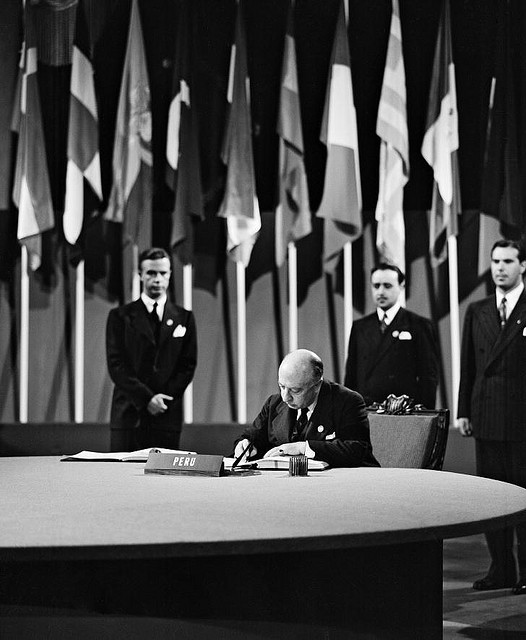Q.7 Keeping in view the Charter assess the working of the United Nations in the new millennium. 2016

The United Nations (UN) was established in 1945 with the aim of promoting international peace and security, economic and social development, and human rights. The UN Charter outlines the organization’s structure, principles, and functions, including the Security Council, General Assembly, International Court of Justice, and various specialized agencies.
In the new millennium, the UN has faced numerous challenges in fulfilling its mandate. One of the most pressing issues has been the rise of new security threats, such as terrorism, nuclear proliferation, and cyberwarfare, that have tested the effectiveness of the UN’s traditional security mechanisms. Despite efforts to reform the Security Council and make it more representative, the Council remains dominated by the five permanent members with veto power, which has limited the organization’s ability to respond to crises in a timely and effective manner.
The UN has also faced criticism for its handling of humanitarian crises, such as the genocide in Rwanda and the war in Syria, where the organization has been accused of failing to prevent or stop atrocities. In addition, there have been concerns about the UN’s ability to address global challenges such as climate change, poverty, and inequality.
Despite these challenges, the UN has also had successes in the new millennium. For example, the UN played a key role in mediating the peace process in Liberia and resolving the political crisis in Kenya. The organization has also made progress in promoting human rights, gender equality, and sustainable development through various initiatives and programs.
In conclusion, the UN has faced numerous challenges in the new millennium, including new security threats, humanitarian crises, and global challenges. While the organization has had successes in promoting peace, development, and human rights, there is still room for improvement in its effectiveness and ability to respond to crises in a timely and effective manner. The ongoing efforts to reform the organization and strengthen its capacity to address these challenges will be critical to its continued relevance in the 21st century.